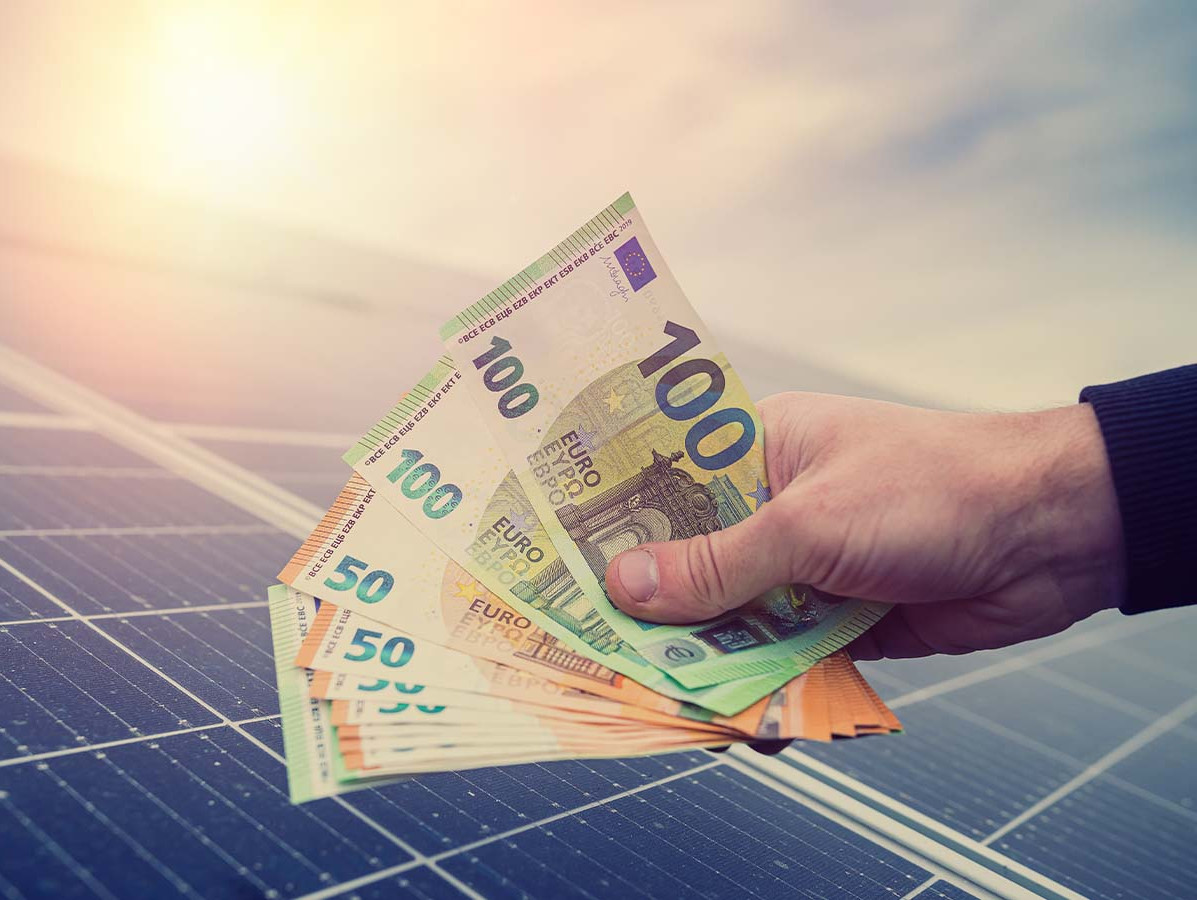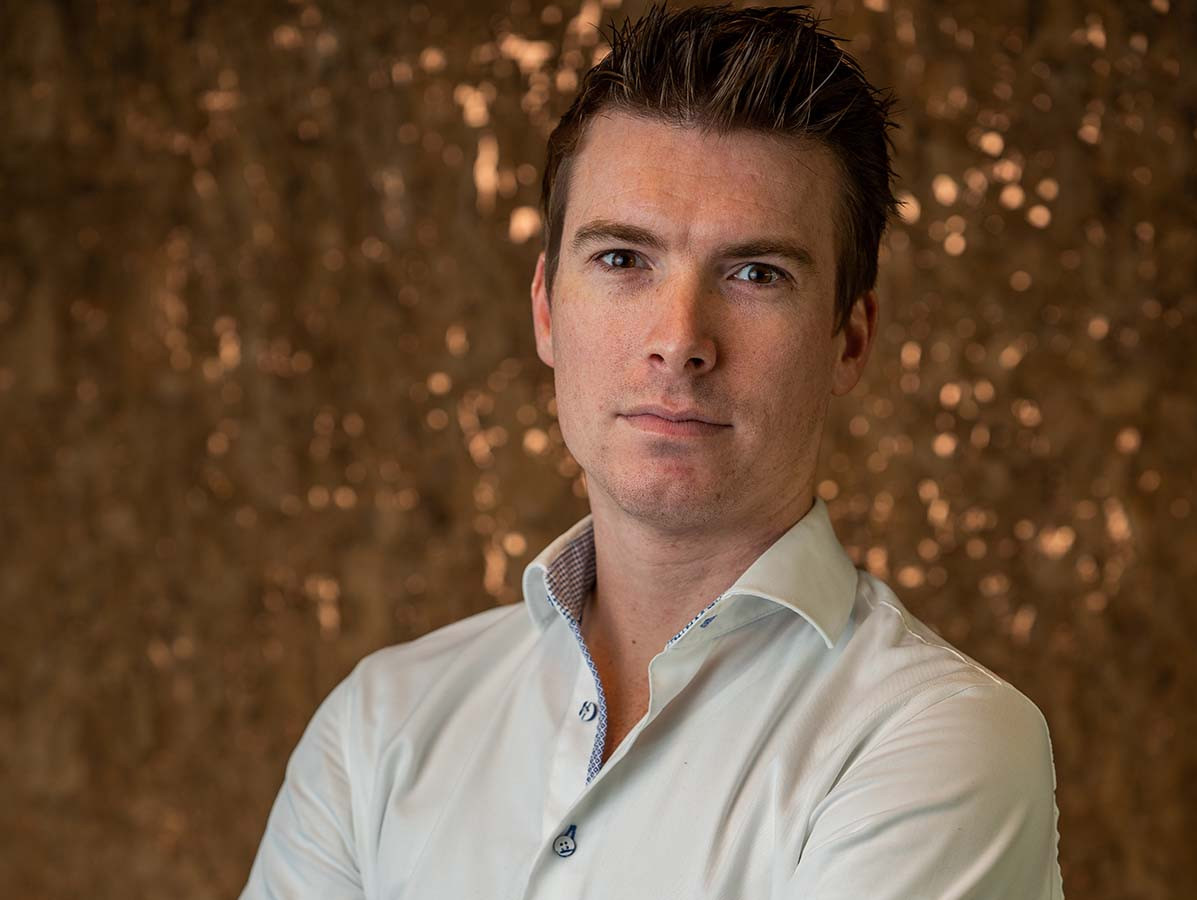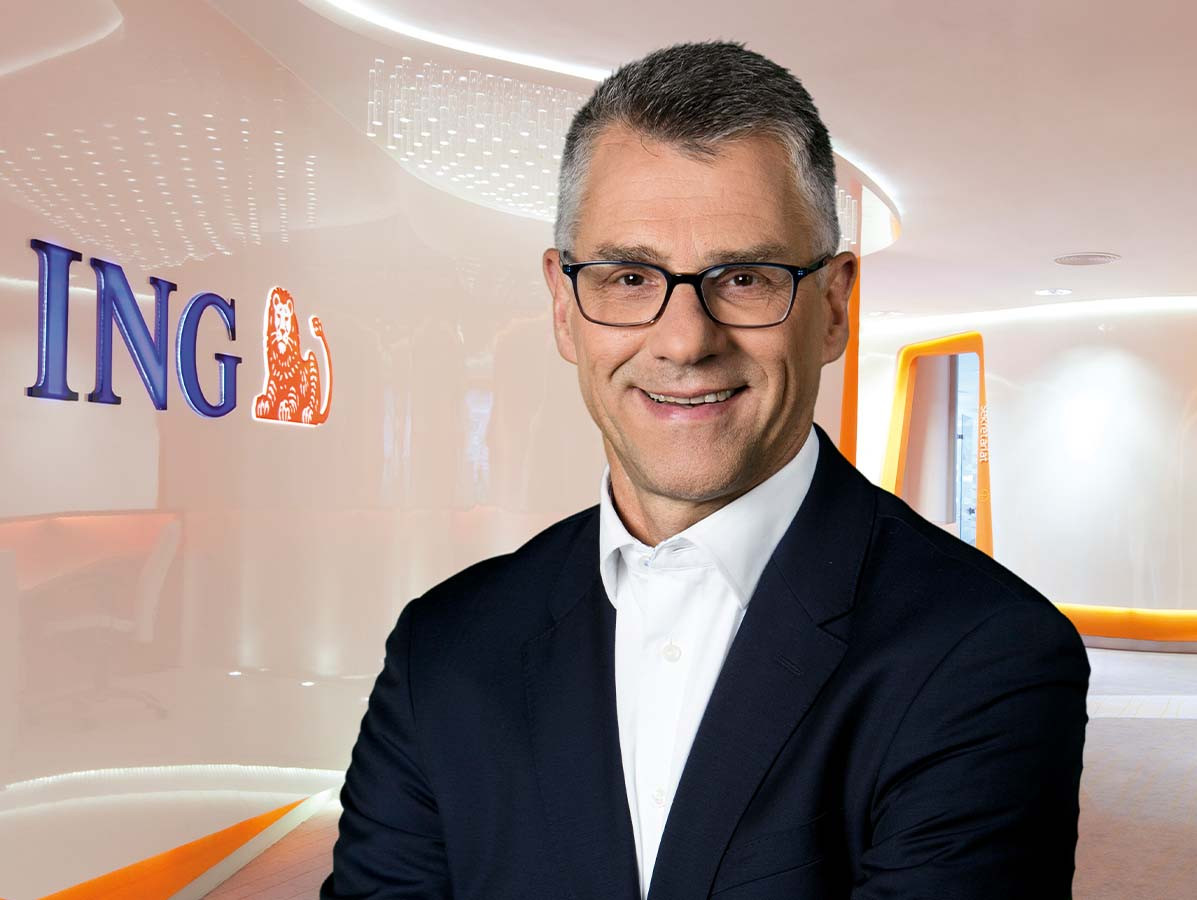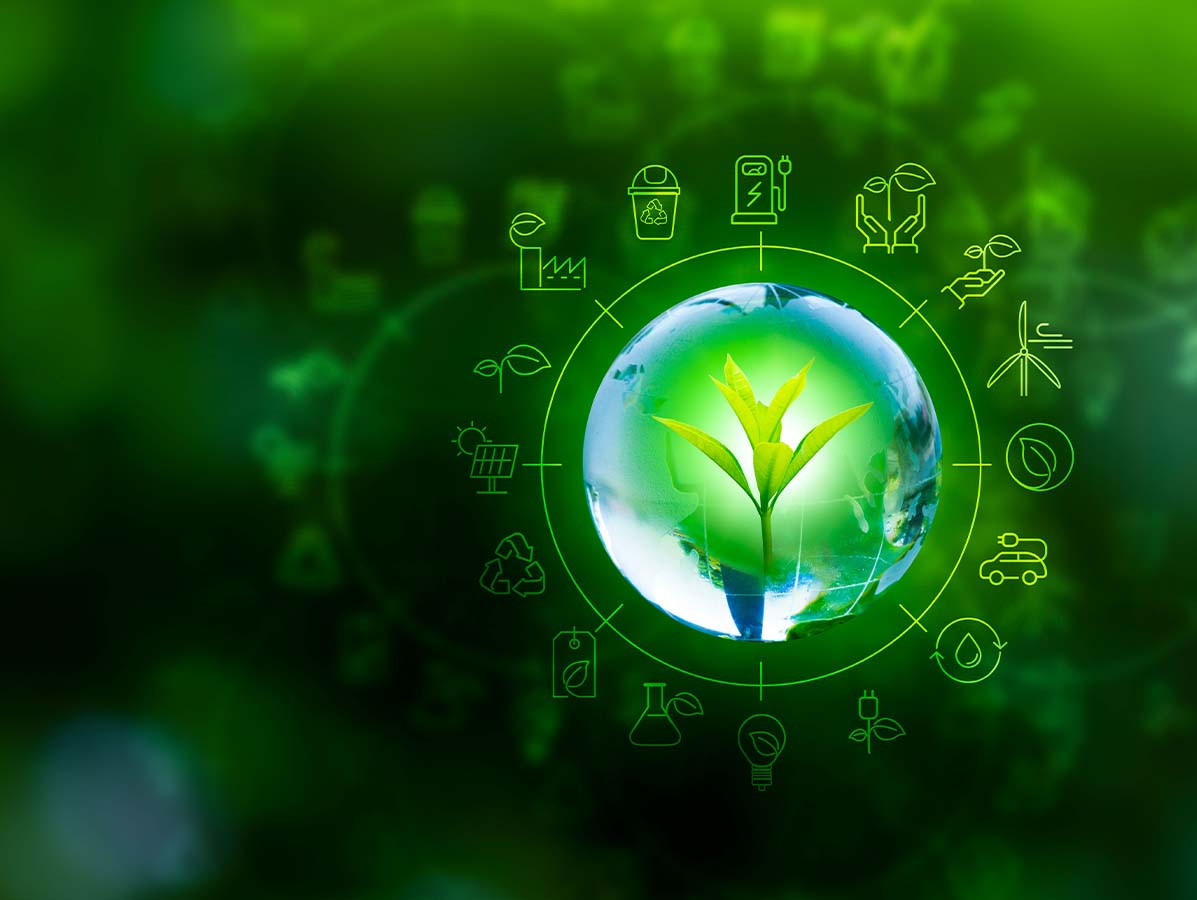
The question is no longer whether you'll embrace sustainability, but rather: what to do first, when, and most importantly, how will you finance it? Ceel Elemans (ING) and Niek Gillis (Subvention), experts in sustainability practices in the food industry, share insights from their own experiences.
The European Energy Efficiency Directive (EED) audit aims to raise awareness among companies and institutions about their energy consumption and potential energy-saving and sustainability measures. However, awareness alone is insufficient. Subsidies and regulations are pushing businesses towards green practices. In 2024, for example, all listed companies in the Netherlands must report on sustainability under the Corporate Sustainable Reporting Directive (CSRD). By 2025, larger non-listed food companies will also be obligated to produce such a report. The 'Energy Saving Obligation' mandates companies using 50,000 kWh or 25,000 m3 of natural gas annually, or an equivalent, to implement all CO2-reducing measures with a payback period of 5 years or less. These are just a few of the obligations that the (food) industry has to deal with.
"Entrepreneurs in the Netherlands have leaned back for too long," says Ceel Elemans, who also finds that understandable. "The gas prices in the Netherlands were extremely low. Moreover, heavy energy consumers were fiscally limited. On average, energy accounted for only 2% of costs in 2019. During the peak last year, it averaged 9%. That is still manageable. Companies could partially pass on these additional costs in the chain with the thought of 'let's share the pain and solve my short-term problem together.' As a result, they have postponed investments in necessary solutions for sustainability and energy transition for years."
Ceel: "Exactly. The Energy Efficiency Obligation has been in place since 1993, but since 2023, there is an information obligation, and active enforcement will happen in 2024. In 2025, the payback period will be extended to 7 years. Meanwhile, energy taxes are rising significantly. Those who do nothing about their energy consumption will see a four- to fivefold increase in their energy costs between now and five years."
Smart companies with construction plans adhere to BREAAM Excellent, which is the objective guarantee that the company meets the highest standard for sustainability. "This also makes your sustainability ambitions visible and demonstrable in the chain. It takes more time and money, but undoubtedly leads to significant savings in energy consumption."
Niek: "Completely agree. In the (re)construction of factories and production processes, there is often a 2 to 3-year preparation phase. That's why we consistently sit down with the customer and participate in the whole process: how can we ensure that the projects fit within subsidy frameworks? This applies not only to construction projects but also to other plans of the company. Sometimes, by playing it smart, we can help them make even bigger strides in sustainability, and, with government support, they even have to invest less."

Niek Gillis - Subvention
Ceel: "Emissions in the food industry must halve in the next 6 years. In every conversation our relationship managers have with a company, we ask how they are implementing this. What steps can they take right now? We share examples of energy transition that we are already encountering. What does that mean for the financial health of the company in the long term? Large companies can more easily allocate resources to shape sustainability. SMEs often do not have that flexibility. To bring focus, choose two or three goals that truly align with you; for example, those linked to the UN's Sustainability Goals. If you find that challenging, outline the sustainability requirements of your top 5 customers. Based on that, create a top 3 of goals that you will seriously be working on. This demonstrates that you are shaping sustainability in your company and are actively addressing it."
The bank itself also has sustainability obligations: by 2050, ING's entire loan portfolio must be climate-neutral. "That doesn't happen automatically," says Ceel. "To encourage green investments, we have introduced new products, such as 'Sustainable Improvement Loans.' Furthermore, under certain conditions, we offer interest rate reductions. The priority is that these are solid companies. If they are in good shape, we accept slightly looser ratios to facilitate the necessary transition."
Niek: "No. Those promises were good for votes but cannot be fulfilled! That's not how the subsidy landscape in the EU works. The 2019 climate law sets legally binding goals to reduce greenhouse gas emissions by 49% by 2030 and by 95% by 2050 compared to the 1990 level. By 2050, we must derive 100% of electricity from renewable energy sources. The Netherlands has to comply with these agreements. Moreover, subsidies are 'beyond legal requirements.' You go beyond what is legally required. As the deadline for a measure to become mandatory approaches, the subsidy possibilities decrease. By 2024, the requirements for industrial heat pumps are already becoming stricter. Look at the removal of asbestos from old roofs; there was a lot of subsidy available for years. Those who postponed it are now in trouble. They must now remove it without government support."
Niek: "Companies often don't know they exist or have had bad experiences in the past, usually because the regulations are so complex. Suppose you need to purchase an expensive power cable. The food producer wants to get a subsidy for it but is turned down. After all, the cable only supplies power; you don't easily get a subsidy for that. What matters is that you can link that expensive cable to another investment because there's a reason behind the purchase; you need it in connection with the purchase of an e-boiler, heat pump, or infrared heating system, for example. If you can link the need for the cable to a sustainability improvement, it suddenly qualifies for a subsidy. Moreover, sometimes subsidies can be cleverly combined or stacked, within the state aid rules, of course. We help our clients to find the right justification for their application."

Ceel Elemans - ING
Niek: "There is a lot of demand for VEKI: Accelerated Climate Investments in the industry. An entrepreneur planning to invest submits the application based on a proven energy-saving technique. You must save more energy than the market-conforming solution, more than what is legally required. The additional costs of the investment are subsidized for 30 to 70%.
For projects with an innovative character, there is DEI+. This scheme has recently been reopened. DEI stands for Demonstration Projects for Energy and Climate Innovations. It is very interesting for companies working with hydrogen or innovative energy concepts. If you can demonstrate that the technology is innovative, 30-40% of the investment can be subsidized. The DEI+ scheme is valid until August 29, 2024. If you want to benefit from it, be sure to apply in time."
Fiscal subsidy schemes, such as EIA (Energy Investment Allowance) and MIA (Environmental Investment Allowance), are also interesting. These schemes stimulate energy-saving investments and investments with an environmental impact. Think of recycling, upcycling, reduced raw material consumption, water saving, etc.
"That is indeed a significant problem; the electricity grid is overloaded," confirms Niek. "Four years ago, we started on the first projects to make gas-fired processes sustainable with industrial heat pumps. Meanwhile, the waiting times at grid operators for access to a new sustainable energy infrastructure have increased to 6 years. The number of sustainable projects that cannot be executed due to a lack of space on the electricity grid is growing. The IEA (International Energy Agency, ed.) estimates this queue at 1,500 gigawatts in a recent report (Oct. 2023); that is five times more than the global solar and wind energy added last year. There is a lot of uncertainty... But we also see entrepreneurs becoming more creative."
"They look at what can be done already," confirms Ceel. "We see that they mainly focus on making production processes more efficient and reducing heat demand. A food entrepreneur told me that he, together with his technical manager, walked through the factory, specifically looking for energy leaks and hogs. Where could they implement energy-saving measures? Others invest in a temporary interim solution, such as a gas-fired oven that can eventually be converted to electric, and the new generation gas ovens consume much less energy."

Niek: "It can also be useful to investigate whether overarching software or control technology can ensure that not everything switches on and off at the same time. Grid operators find the imbalance it causes very annoying. Companies that manage to avoid this peak load pollute the grid less. Peak load can be absorbed with a battery that you charge in the meantime." He enthusiastically tells about the creative solution of a food company with solar panels on the roof that was no longer allowed to return the generated energy: "Instead of switching off the panels, they installed small intermediate filter batteries. They now use them to make demineralized water in a large tank and then produce hydrogen with an electrolysis device. This hydrogen goes directly, not compressed, into the burner. It's not the most efficient solution because there is a lot of transmedium transfer, but it’s better than nothing."
Ceel: "A few more tips: ensure a phased approach to your project and engage the right consultants for technology and subsidy processes. Actively work on stakeholder management, for instance with the municipality, grid operator, and energy supplier. Involve customers and suppliers in your sustainability policy. Increasingly, food companies use sustainability expertise when formulating their own climate goals and validate them based on Science-Based Targets. A good development that ensures an objective assessment, important for all your chain partners. Occasionally, use the maximum allocated energy capacity to be able to retain it."
Niek laughs: "That I am involved in a project from A to Z and can advise, where I sit at the table with the management one moment, and the next I brainstorm with project managers and technicians about the process. I also have a lot of contact with the Netherlands Enterprise Agency, to provide information on the progress of the projects. Additionally, I am involved in inspiration tours, in collaboration with the Dutch Association for Sustainable Energy (NVDE), at companies working on sustainability. We need to be much more transparent and tell each other what we're working on. To discuss about what goes well, but also what doesn't. You will get further together."
Ceel: "That's why I organize an inspiration trip abroad every year for about twenty entrepreneurs from the food sector. Last year we were in Parma. We visited Barilla and iBiS Salumifici, part of the Cremonini Group. These food giants have had a sustainability agenda for 10 years. They set clear goals with concrete KPIs. What struck us is that they didn't start doing this because the law prescribes it, but because they really want to. You see this intrinsic motivation in many family businesses. They want to pass on their business in a better, sustainable way to the next generation(s). That gives me confidence: we will manage this energy transition."
Source: Vakblad Voedingsindustrie 2024